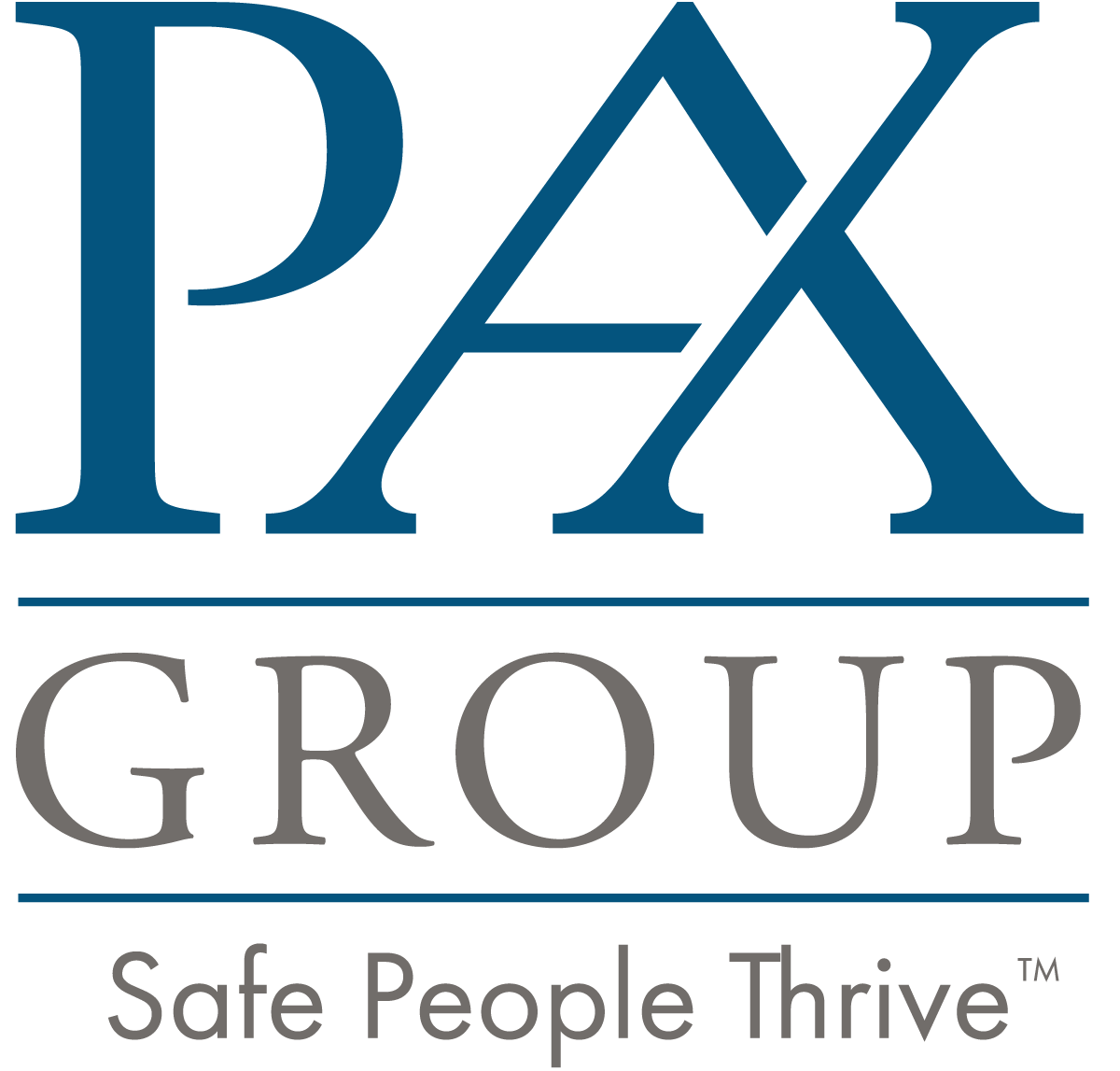The Value of Time
The intensity and volatility of the COVID-19 is escalating as each day passes. We adapt to new regulations, new restrictions, and new guidelines only to have to readjust again as more information and data is gathered and shared. We are living through a crisis that is not limited to a select few, but impacts all of us on a global level. We are, as never before, interdependent and likely in the thick of this crisis together for the upcoming months. Not to mention dealing with and creating a new way of living in light of its lasting impact. What we are going through together, however, is a direct reflection of what one experiences in a personal crisis. Regardless of the scale, as tensions and fears grow, our ability to make good decisions diminishes.
Having served on and led crisis negotiation teams as part of the FBI for over 20 years, I spent a great deal of time meeting people in the most challenging circumstances of their lives. What I’ve learned is that a critical component in successful hostage and crisis situations is the cultivation of time. Much of our training was dedicated to understanding how to slow the process of a crisis down and create a greater store of this critical element.
But why?
Time allows us to gain intelligence. We are able to gather facts, dispel rumors, focus on values, shore up and increase our options, and call for additional help if needed – sometimes even train and practice for the unique needs of the crisis.
In the moment, there is extremely limited time to create, train, and improve relationships and processes – but with time we can. As a negotiator, a large part of my job was to create a relationship typically with someone I was meeting for the first time. Not only that, they were in the midst of a full-blown crisis and often initially viewed me and the rest of the team as “the other side.” On the other hand, the team I practiced and trained with had spent a large sum of time together and had become highly aligned in our relationships and understanding of one another. These relationships are key when we face crisis and, if they are fractured beforehand, will show when the bell rings.
In our current situation, most of us are hunkered down with our family members, roommates, and/or loved ones and “Time” can feel stretched out and blended with no real distinction between work, home, and family time. While there is shock and uncertainty, we have the opportunity to focus on building effective relationships, increasing our knowledge and understanding of the facts, and a chance to develop the skills, practice, and get help if necessary.
Relationships are the keys to successfully navigating crisis and response. Effective teams make the difference. A mistake even trained crisis negotiators make is moving too fast and forcing an action that speeds past the nuances of rapport and key information. As time goes by our physiological response changes, we move from fight or flight (a sprint) to a more rational cognitive state – literally hearing, feeling, sensing, breathing, and taking in more detailed information. This is true for us, as well as, for those around us.
Slowing the process calms us and others down allowing us to listen, understand, and plan effectively and act more successfully.
